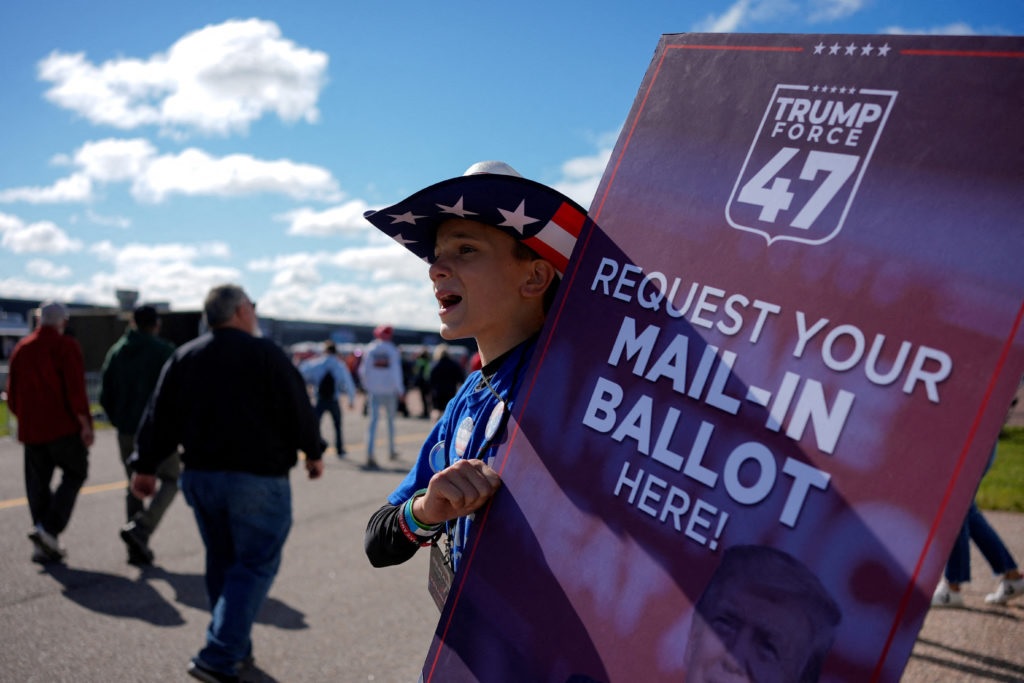
Democrats push for overseas voting as republicans raise concerns over fraud
Democrats are advocating for expanded overseas voting in the upcoming presidential election, while Republicans and election integrity advocates have raised concerns about potential fraud involving absentee ballots sent from abroad. The issue has gained attention as millions of overseas voters could influence the outcome of the tightly contested race.
Under the federal Uniformed and Overseas Citizens Absentee Voting Act (UOCAVA), military personnel and U.S. citizens living overseas can vote by absentee ballot. To apply, voters must provide a Social Security number and either a state-issued driver’s license or identification number to verify their identity.
In August, the Democratic National Committee announced its first-ever investment in the "Democrats Abroad" initiative during a presidential election cycle. This move aims to increase voter turnout among the estimated 6.5 million eligible Americans living overseas. In the 2020 election, around 8% of the 9 million Americans abroad were registered to vote.
Republicans, however, have voiced concerns over the integrity of overseas ballots, questioning the verification process. As the election approaches, the debate over expanding overseas voting is likely to intensify, with both parties preparing for a close contest.
Stichworte







